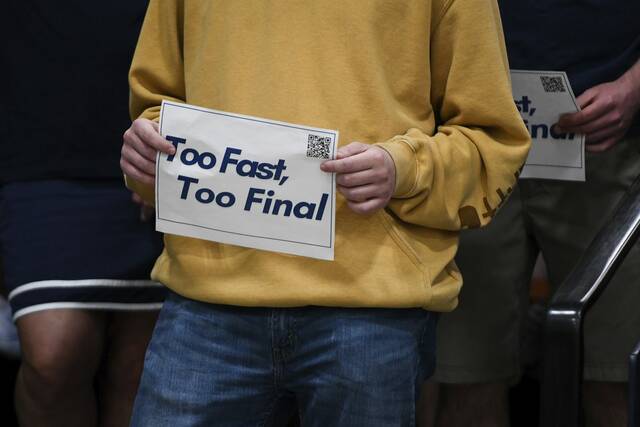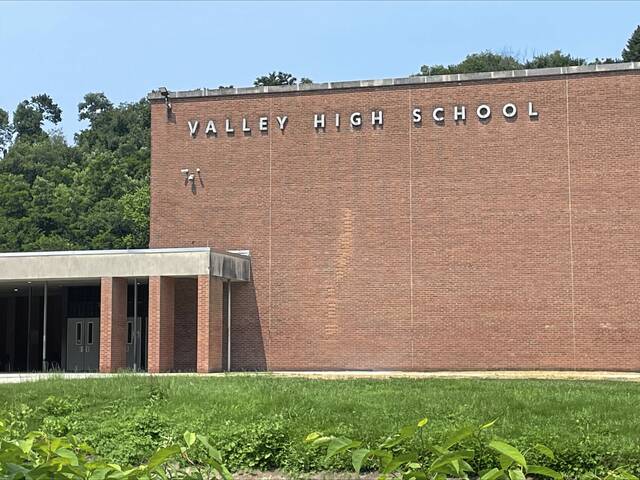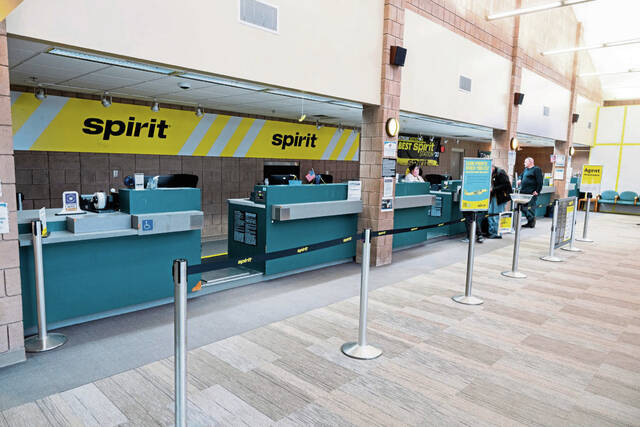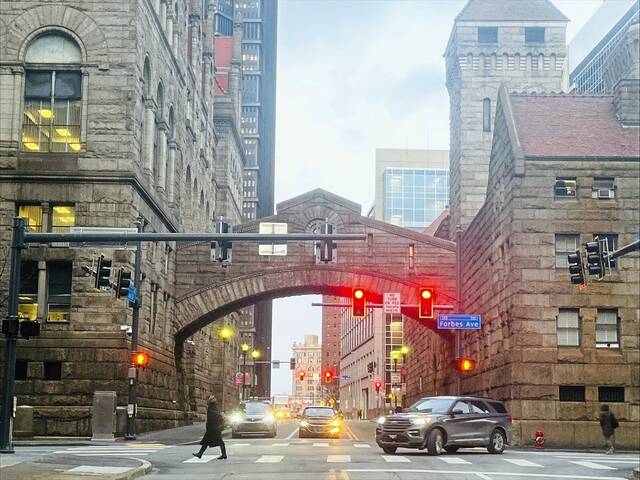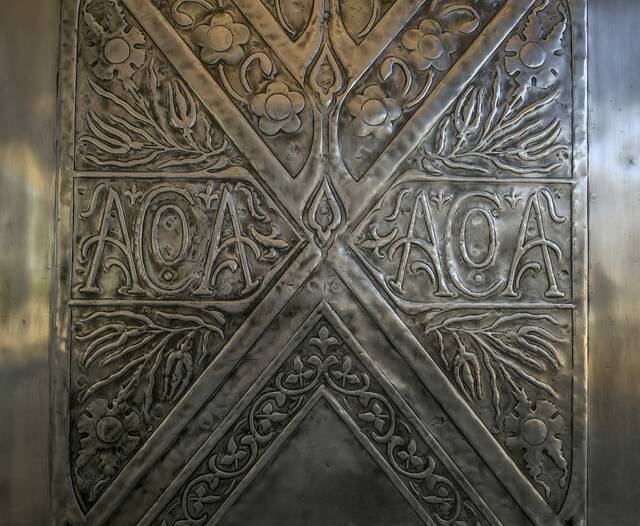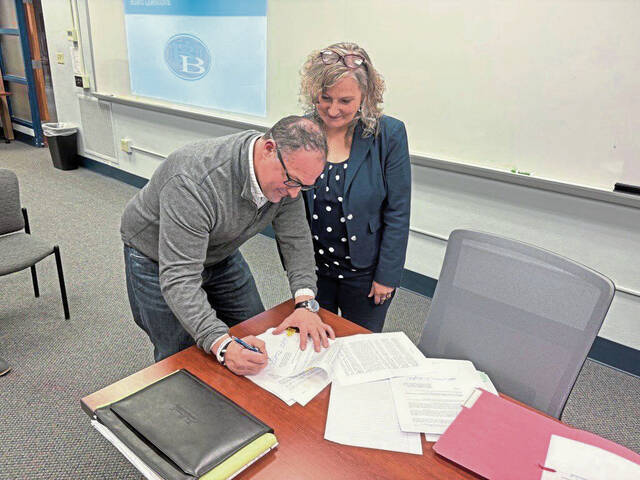Penn State trustees took a vote Thursday that will close seven Commonwealth Campuses. At the end of Spring 2027, the New Kensington and Fayette campuses, along with five others, will stop being land-grant university branches and become empty shells.
The 28 trustees that voted for this looked at it dispassionately, like the board of a retail chain lopping off low-performing stores. There are arguments there. Shenango and Wilkes-Barre campuses are being closed. They have the lowest enrollment of all 19 branch campuses.
But these aren’t just big box outlets hawking goods at low, low prices. These are integral parts of the community. They help high school kids graduate with college credits. They help adults train for new careers. They help build entrepreneurship.
Penn State is a $15.8 billion economic engine in Pennsylvania. The Commonwealth Campuses are a conduit that transmits that economic power throughout the state. Unplugging a third of those campuses will have implications.
The trustees that voted for this expressed regret but said they saw it as necessary. The university has been taking a hard line on finances in recent years.
“I vote yes with empathy,” trustee Ali Krieger said.
But for the dissenting trustees, it was different.
“It’s a statement about who we are, about who we serve and who we choose to leave behind,” said academic trustee Nicholas Rowland, a professor at Penn State Altoona, one of the safe campuses.
Most trustees spent more time thanking university President Neeli Bendapudi for recommending the campus closings than asking questions.
Some were not satisfied with that.
“We were given two options: the status quo or closure,” said trustee Jay Paterno. “There are other options.”
Bendapudi announced in February she would be putting forward recommendations for closings, but the list was only released last week. Trustee Ted Brown begged for just one more month to brainstorm alternatives.
It is troubling that the trustees deferred so much to the administration without any bend toward exploring alternatives.
That becomes more concerning when board Chairman David Kleppinger took no moment to mourn a decision to write off communities across the state. After the votes were counted, he pushed ahead, saying now they could “move forward with reimagining of these sites.”
That statement points to a grim truth. While the vote barely has been taken and doors won’t close for two years, the board doesn’t see these as campuses anymore. They have become only parcels of property to shuffle, like a shuttered Big Lots or Rite-Aid.


